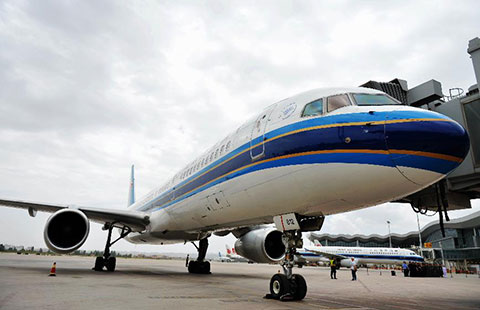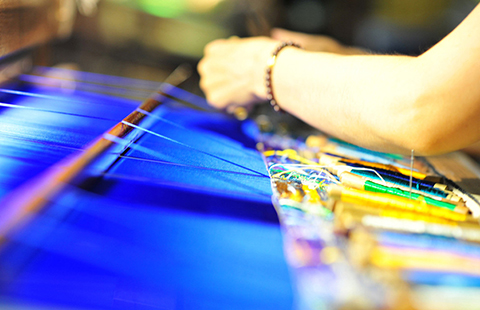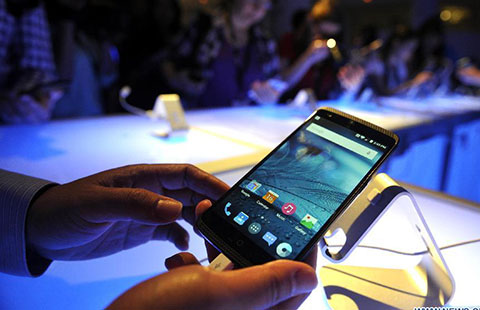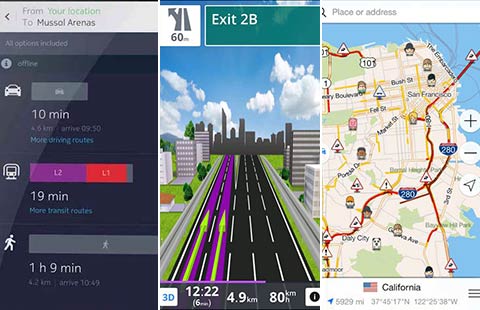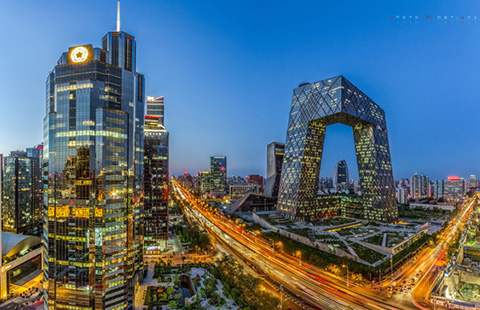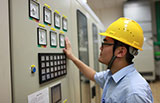Free bike prompts alternative transportation
By Mark Hughes (China Daily) Updated: 2012-06-07 10:35
The authorities in Zhangjiagang are so delighted with their 30 million yuan ($4.71 million) free bicycle scheme that they have decided to extend it to the suburbs from July.
Officials are adding 1,000 more bikes and 40 new pickup points, and are increasing the area they can be used in to 40 square kilometers.
Currently, there are 3,200 bicycles available to registered residents in shopping and residential areas. There are 152 racks between 300 and 500 meters apart within the second ring road at which they can be picked up and left.
It is a breach of regulations to take the bikes outside the second ring road, punishable by a blacklisting from future use. Bicycle lanes line every thoroughfare.
"We started the scheme in June 2010 after studying others in cities, such as Stockholm, Paris and Hangzhou," says Lu Haijian of Zhangjiagang urban management bureau.
"It's very popular. The rate of borrowing is high at 14,000 a day. That equals 4.5 million a year. It's convenient for residents and good for the environment."
Jiao Ping, 42, and Liu Zhongming, 49, could not agree more.
The local residents have the highest number of points awarded under the scheme after borrowing bicycles the most since the scheme started.
Jiao earned 1,160 points in 530 days. Liu has 1,472, collected since July 2010. The points are redeemable against bus fares, hospital costs and social security payments.
"I started using them at first for physical exercise. Now it's mainly for going to work and the shops," Ping says.
"It's more convenient to ride a bike here. I don't have to pay for parking or fuel for my car. I don't get stuck in rush-hour traffic. To be honest, it saves me money - at least 400 yuan a month. But what is more important is that it's good for the environment. If more people used bicycles, there would be fewer cars on the road and fewer emissions."
Liu concurs.
"It is very convenient," he says.
"It is very safe riding on the bicycle lanes and roads here."
If a card is lost, there is a 300-yuan replacement charge.
The bikes are insured for up to a maximum of 50,000 yuan in case of an accident.
Under the scheme, all residents age 16 to 65 are entitled to a special card that carries their personal details. It is preloaded with 100 points.
If the bike is returned within the two-hour time limit, 10 points are added to the card.
If it is returned late, there is a sliding scale of points removed up to a maximum of 100 if it is a day late. Anyone who has zero points cannot borrow a bicycle and has to make a special plea to the authorities to be allowed to re-enter the scheme.
"Whether they succeed or not depends on their attitudes," says Lu, of the urban management bureau.
"We rely on people's honesty and respect. But, because of the data on the cards, we can always track down the borrower. They may have got drunk, for example, and forgotten to return it."
The specially made 600-yuan bicycles are kept in racks that lock them in place.
The cards send a signal that unlocks them and prompts the stand in the rack to reveal a four-digit code. This code has to be input when the bicycle is returned so that its return is registered by a central computer.
A bicycle can be taken from, and returned to, any rack. The sturdy bicycles are coated in rust-resistant paint and their tires cannot be punctured.
There are several seat and handlebar heights. No adjustments can be made because the bikes are designed to be taken apart only with specially designed tools that are not in general circulation.
"We are very pleased with how it's going," Lu says.
"That's why we are extending the scheme."
- Zhanjiang Declaration (Full text)
- Zhanjiang Declaration wraps up 15th Forum on Internet Media of China
- China to outperform affordable housing target
- China may pilot broker licenses for banks: source
- US approves continued probe against steel products from China
- China stocks surge over 3%
- Stock trading stamp tax at record high
- World Bank chief says China's economic fundamentals sound

